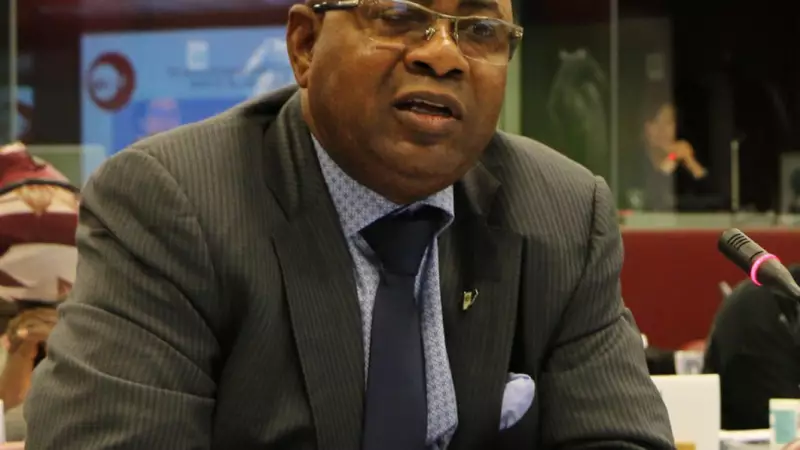
The Non-Academic Staff Union of Universities (NASU) has broken its silence on the recurring industrial actions plaguing Nigerian universities, revealing the deep-rooted issues that compel staff to frequently down tools.
The Real Reasons Behind Constant University Shutdowns
NASU officials have come forward with compelling explanations for the persistent strikes that have become almost routine in Nigeria's higher education landscape. According to the union, these industrial actions are not mere disruptions but necessary measures to draw attention to critical systemic failures.
Failed Promises and Neglected Welfare
The union highlights several key factors driving the frequent strikes:
- Consistent failure of government to implement signed agreements
- Poor working conditions for non-academic staff across universities
- Inadequate funding for university maintenance and operations
- Delayed salary payments and allowances
- Lack of proper career progression for technical and administrative staff
Impact on University Operations
While students and parents often bear the brunt of these strikes, NASU emphasizes that non-academic staff are essential to university functionality. From power supply to sanitation, security to administrative services, these workers form the backbone of daily campus operations.
The union maintains that strikes remain the only language the government understands when it comes to addressing the welfare of university workers. Despite numerous dialogues and negotiations, concrete actions from authorities have been consistently lacking.
A Call for Sustainable Solutions
NASU leadership expresses frustration with the cyclical nature of industrial disputes, noting that temporary resolutions often collapse once strikes are called off. The union advocates for permanent solutions through proper funding and consistent policy implementation.
University administrators and government officials face mounting pressure to address these concerns comprehensively rather than through piecemeal approaches that only provide temporary relief.
The ongoing challenges in Nigerian universities reflect broader issues in the education sector, requiring urgent attention and sustainable interventions to prevent further deterioration of the country's tertiary education system.





